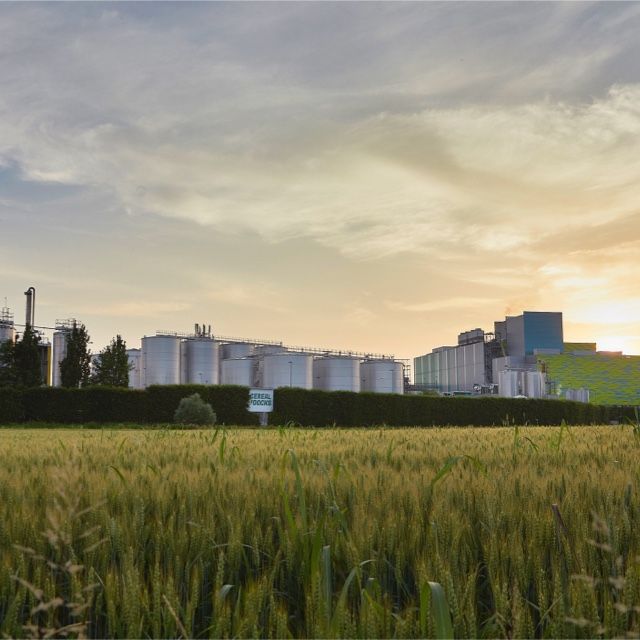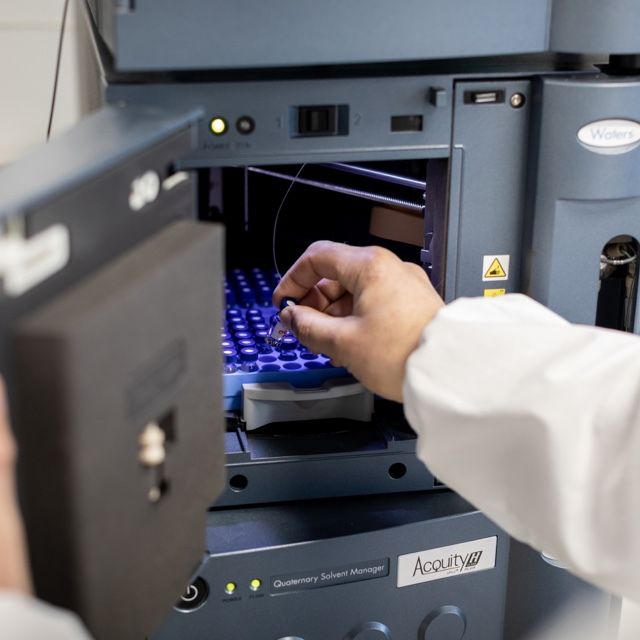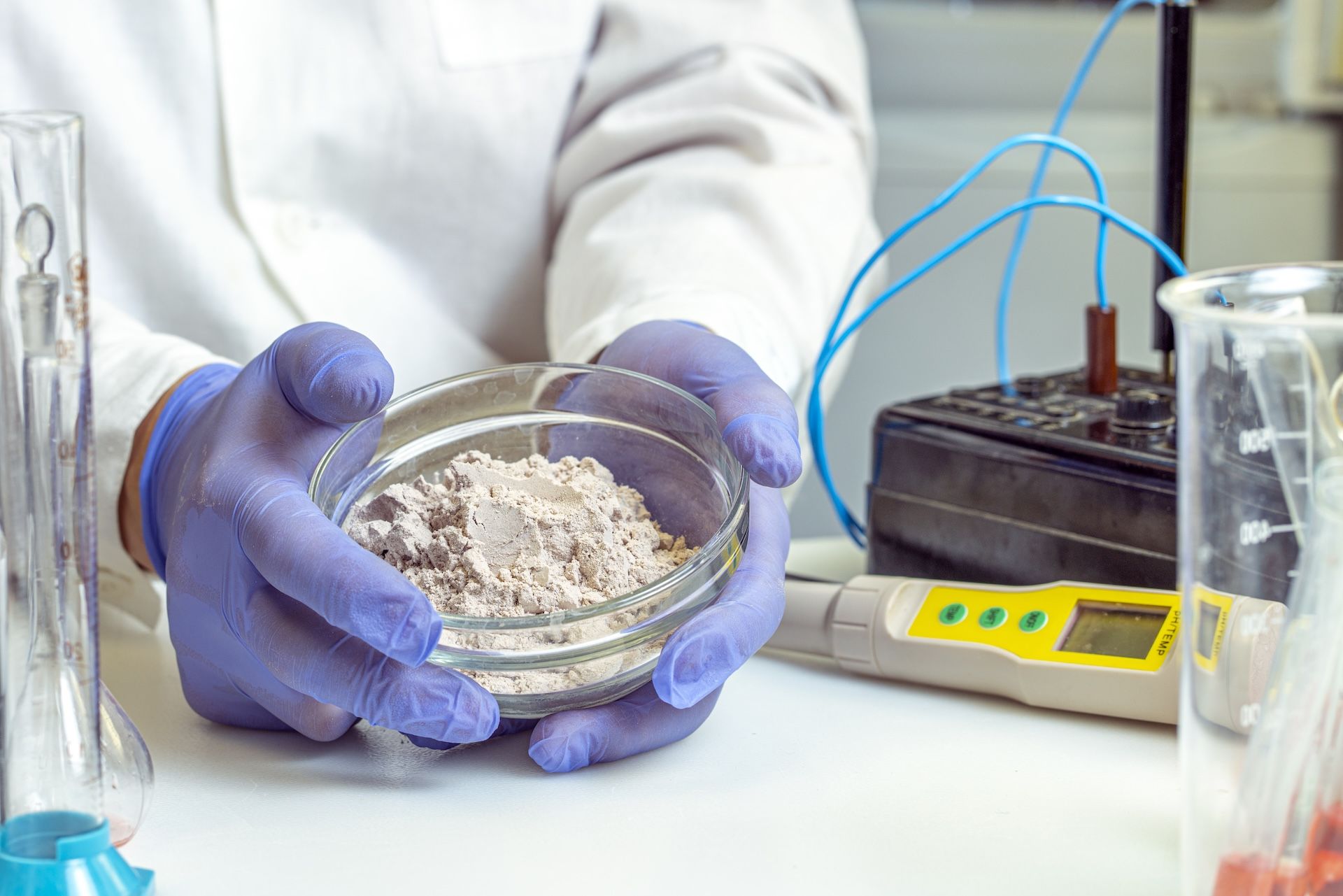Aethera Biotech reduces its carbon footprint thanks to renewable energy
Cereal Docks Group focuses on energy efficiency, renewable energies, and innovation to fulfill its commitments to sustainability. From the process of oil extraction using steam generated by boilers fueled with pure vegetable oil (PVO) instead of traditional methane gas, to photovoltaic systems making the Group's headquarters energy self-sufficient, more projects demonstrate the company's attention to sustainability.
The latest example comes from Aethera Biotech, a scientific company within Cereal Docks Group specialized in developing highly functional active ingredients derived from plant cell cultures. They have managed to reduce the carbon footprint associated with their proprietary biotechnological platform CROP® (Controlled Release of Optimized Plants) by 49%, thanks to the exclusive use of renewable energy. This emerges from the results of a Life Cycle Assessment (LCA) study concerning the CROP® process, an innovative and proprietary biotechnological platform developed by Aethera Biotech.
The CROP® platform, besides its CO2 emissions impact, ensures standardization, availability of the active ingredient throughout the year regardless of seasonal and geographical variations, high safety profile, greater environmental sustainability, and respect for biodiversity. The study aimed to evaluate the environmental impact of this non-GMO technology-based process, which represents a sustainable alternative to traditional cultivation methods, allowing the production of 100% natural biotech phytocomplexes without the use of environmental contaminants, solvents, or preservatives.
Conducted in collaboration with Spinlife, a spin-off of the University of Padova, the study identified the inputs of the CROP® production process and to what extent they contribute to the environmental impact. Through the analysis of 16 categories of environmental impact, the most impactful materials and processes were identified, and effective strategies were formulated to mitigate this impact. The results clearly indicated that electricity consumption represents the main environmental impact factor.
However, this impact was effectively mitigated using energy from renewable sources: the photovoltaic system installed at the new warehouse in Camisano Vicentino renders the entire Group's headquarters energy self-sufficient, where Aethera Biotech is also located, thus using 100% renewable energy for its production, reducing the carbon footprint associated with CROP® by approximately 49%.
"The outcomes of our recent LCA study unequivocally demonstrate, through rigorous scientific approach, that the process model employed by Aethera Biotech via our platform for producing innovative cosmetic ingredients has a lower environmental impact compared to other processes based on traditional soil cultivation" explains Giovanna Pressi, Head of the Scientific Directorate at Aethera Biotech.
"The results confirm the validity of our strategy: the adoption of renewable energy sources has led to a significant reduction in our carbon footprint, setting a positive example for the entire sector. Through the LCA study, Aethera Biotech positions itself as a pioneer in the scientific analysis of the environmental impact of its activities. Transparency and commitment to sustainability reflect our responsible vision in promoting an increasingly eco-sustainable future".
Food quality and safety
Research & Innovation
REGISTRO IMPRESE DI VICENZA - CF/P.IVA 02218040240 – CODICE ISO IT02218040240 – R.E.A. VI 215209 – CAP.SOC. 10.000.000 EURO INT.VERS.- SOCIETÀ A UNICO SOCIO







